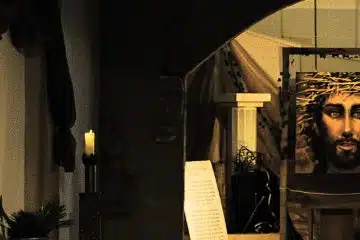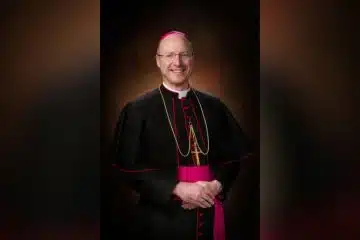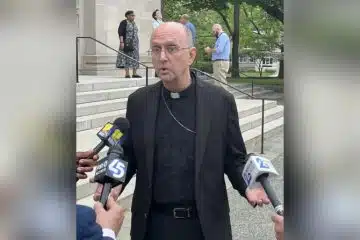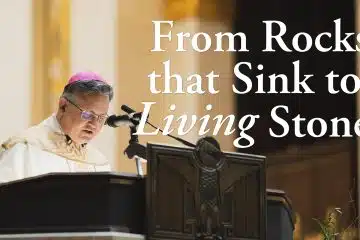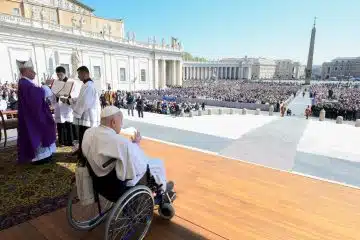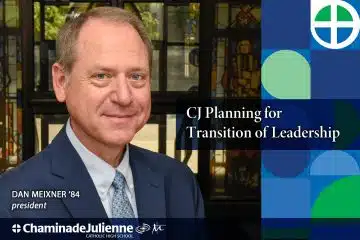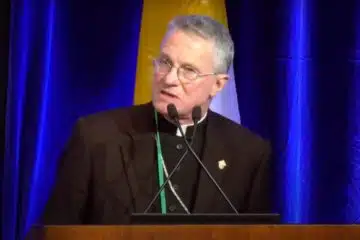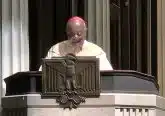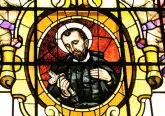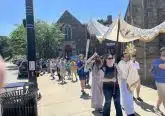Pittsburgh diocese to open personal parish to serve black Catholics
CNA Staff, Jun 22, 2020 / 04:41 pm MT (CNA).- Black Catholics in Pittsburgh will have a personal parish to respond to their specific needs, Bishop David Zubik has said in response to local requests and a listening session held in early 2020.
“Along with their sincere enthusiasm and passion for their Catholic faith, I heard and felt their desire to have their unique spiritual and cultural needs met,” Zubik said of those who made the request. “I want to raise awareness of the need to walk with our black sisters and brothers as they continue to enrich and be an integral part of the Diocese of Pittsburgh and the Catholic Church Universal.”
Bishop Zubik will celebrate Mass at Saint Benedict the Moor Church July 12, unless any restrictions related to the novel coronavirus prevent the event. The personal parish will be officially established July 13.
Most Catholic parishes are geographic in nature. A personal parish, however, aims to respond to specific spiritual needs, often to serve a particular culture or an extraordinary need. Anyone who desires may join a personal parish.
“I am committed to the needs of black Catholics in our community. I invite everyone to join me in this effort,” Zubik said June 19. “We need to work together to make sure that black citizens from all walks of life are treated with the same respect that God intends all of us to have.”
The parish will be based at a church named for Benedict the Moor, a 16th century saint born to African slaves in Sicily who became a Franciscan friar famous for his holiness, wisdom, and humility.
The church is across from Freedom Corner, a site with a history of local civil rights advocacy. A memorial was dedicated at the site in 2001.
The church was previously a geographic parish church with African-American roots, but this merged with two others in January to form Divine Mercy Parish as part of the diocese’s reorganization.
Zubik visited the church in February to celebrate Mass and to hold a listening session. Parishioners recounted the church’s 130 years of being present for ministry to black Catholics in Pittsburgh’s Hill District and around the city. They spoke of the systemic disadvantages black Americans have had to face in Pittsburgh, the U.S., and the Catholic Church, the Pittsburgh diocese said.
The bishop asked clergy and parishioners who worship at St. Benedict the Moor to form a task force to make recommendations to him. The task force proposed a personal parish.
“This is not a call for separatism but instead for a pledge of commitment to the Church and to share in her witnessing to the love of Christ,” said the task force.
Their report cited racial and economic disparity, “racial indifference,” disenfranchisement, gentrification, and “distrust of black people, especially black boys and men,” the Pittsburgh Post-Gazette reported.
“Clergy and staff must be able to translate their love for the people into culturally and spiritually appropriate care and action and be able to relate to local and national situations and concerns that impact those of African descent, especially the dynamics of racism and white privilege,” the report continued.
The report cited the need for a pastor “with a demonstrated sensitivity to and a strong understanding of black spirituality, inclusiveness, and community so that they may be more effective pastoral leaders.”
Requirements to establish this type of parish include the presentation of a formal petition by the pastor and members of the parish finance council, and approval by the diocesan priests council and the vicars general of the diocese.
In a June 19 letter to parishioners Zubik said, “I am nothing short of thrilled by your request and by confirming this new chapter in the faith journey of Saint Benedict the Moor Parish.”
The place of black Americans in the Catholic Church and in American life is in the spotlight with the rise of protests against police brutality, following the death of George Floyd, a black man who was detained and held by a Minnesota police officer who placed his knee on his neck to restrain him for nearly nine minutes.
Zubik said the timing of the parish launch is “providential” given the protests and focus on racism.
“It’s my hope that a move like this at this particular time is going to make an impact on all of us,” he said, according to the Pittsburgh Post-Gazette. “I’m really hoping this time that all of us are going to take a look at what we need to do to root out racism.”


